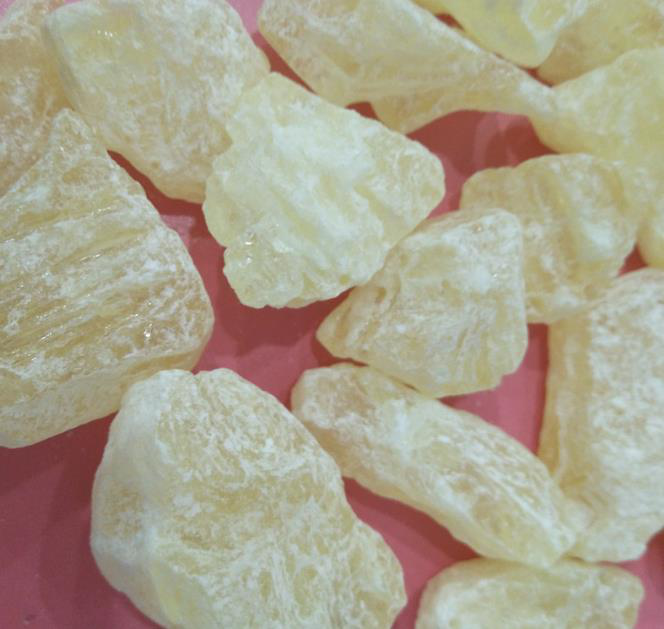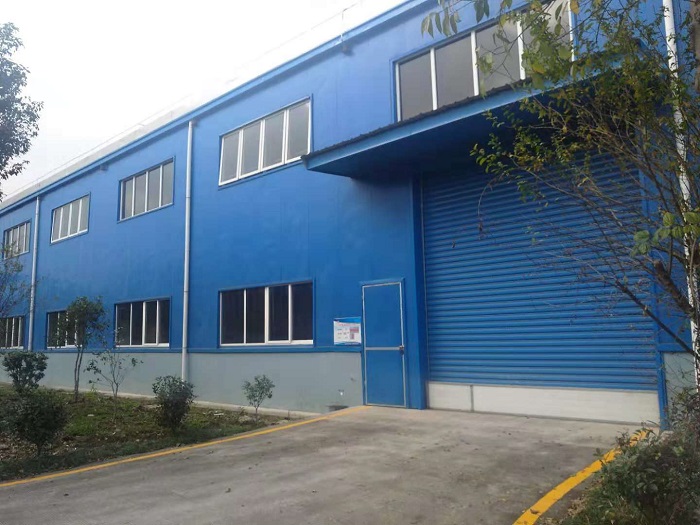In recent years, China's auto market has shown a decline in vehicle profits, and an extension of the industrial chain and value chain to the aftermarket. With the increase in the number of car ownership, the car maintenance industry has become a livelihood industry where consumers cannot live. However, expensive accessories, high maintenance costs, and inconsistent maintenance quality can cause various problems. Many car owners lament that the car is "affordable and cannot be repaired." Where exactly is the root cause? Through the investigation, it is found that the problem lies in the zero-to-total ratio of the automobile aftermarket in China. The so-called "zero-to-zero ratio" means that the price of all parts of the vehicle on the market is equal to the price of the entire vehicle. The survey data is eye-popping. The domestic model of a joint venture with the highest coefficient of ratio has reached an abnormally high 12:1. Popularly speaking, it is the cost of buying all spare parts and can buy 12 new cars of the same paragraph. 500% to 700% of the remaining models are common, and 10 of the 18 models covered in the survey exceeded 400%. The foreign market is usually 3:1. The key to the profitability of spare parts is the monopoly. In China, once you buy a brand of car, if you want to replace the original spare parts, you must only go to the brand's 4S shop to replace, there is almost no other choice; another example is the maintenance and other after-sales service, do not go to the 4S shop to do There is no warranty for quality problems... All these have a monopoly shadow. Because of the monopoly power, in the brand authorized 4S shop, auto parts and accessories dare to sell more than 10 times the "high price", maintenance labor costs doubled over the market price. The British "Financial Times" stated that China became a multinational car company to shake the money. Original accessories for the exclusive, maintenance and technical information closed, is the ratio of abnormally high zero and 4S shop tying repair service root. Therefore, the anti-monopoly regulation of the automobile aftermarket is imminent and imperative. It must be noted that the chaos behind the current domestic auto aftermarket is that the suspected monopolistic behaviors frequently occur, and it is not unrelated to the institutional flaws existing in China's current industry management methods. The existing industry laws and regulations, in particular the “Implementation Measures for Automobile Brand Sales Managementâ€, have evolved into a shield for monopolistic behavior to a certain extent, infringed the legitimate rights and interests of consumers, and has been severely incompatible with market reality. In fact, the current model of China's after-sales service and spare parts sales has long been banned in Europe, and similar practices are the focus of the European anti-monopoly department. Many auto parts manufacturers have paid a bitter price for monopolistic behavior. Therefore, whether the huge profits in the domestic auto market are not suspected of monopolization, as long as they are slightly compared, I am afraid the answer is not difficult to find. Automobile dealerships and after-sales involve numerous stakeholders, and the interests of competition, intellectual property, industry development, employment, and product safety criss-cross. The development of automobile distribution channels is diversified, the 4S model competes with the new distribution model, and the separation of car sales and after-sales from the same direction is the trend of the Chinese market. As we all know, the premise that the market plays a decisive role in the allocation of resources is that it is not kidnapped by monopolistic behaviors. At present, the vertical monopoly of the auto market leads to various irrational phenomena that infringe the legitimate rights and interests of consumers. Therefore, it is necessary to call for anti-monopoly enforcement. As soon as possible to assume the responsibility of regulating the market, protecting competition and consumer welfare. The investigation of alleged monopolies requires investigation. If a monopoly is found to be fined, the loopholes in the system must be changed. If the regulations are unreasonable, they must be abolished. It is expected that the anti-monopoly department will “take shots when it’s taken†and consumers’ fairness will make the market play a decisive role.
Musk arnbrette
Chem. Abstr. Serv. Reg. No.: 83-66-9
Chem. Abstr. Name: 1-( l, I-Dimethylethyl)-2-methoxy-4-methyl-3,5-dinitrobenzene
IUPAC Systematic Name: 6-tert-Butyl-3-methyl-2,4-dinitroanisole
Synonyms: Amber musk; artificial Musk Ambrette; 5-tert-butyl-l ,3-dinitro-4-methoxy2-methylbenzene;
4-te rt-buty 1 - 3-methox y- 2,6-dinitrotol uene; 2,6-dinitro- 3-methox y_
4-tert-butyltoluene; synthetic musk ambrette
Musk Ambrette Lump,Musk Ambrette Big Lump,Fragrance Musk Ambrette Lump,Big Lump Musk Ambrette Gan Su Original Flavor Co.,ltd , https://www.muskxylol.nl
